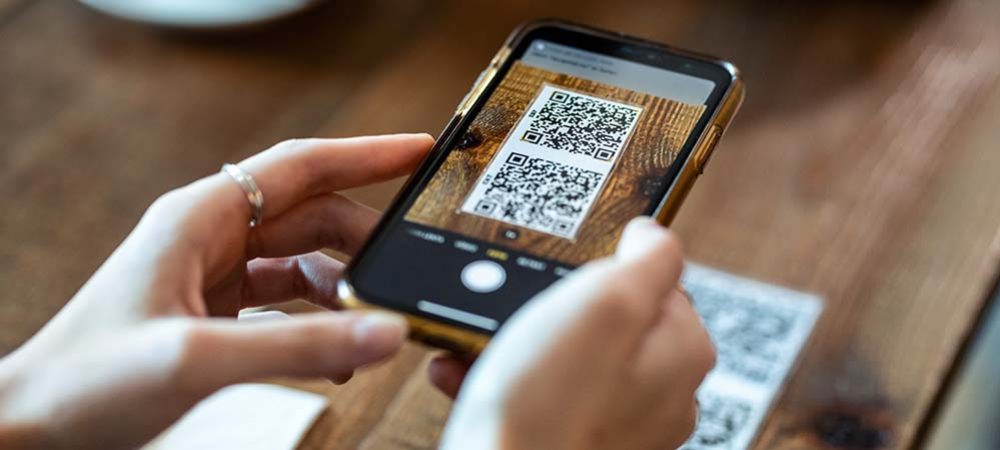Despite 90% of UK respondents having scanned a QR code in the last six months, almost half still don’t know if they have mobile security software.
Ivanti, the automation platform that helps make every IT connection smarter and more secure, has announced the results of a study, which found that 96% of UK respondents have scanned a QR code on their mobile device in restaurants or retail stores in the last six months, despite almost half (48%) still not knowing if they have mobile security software.
With the UK economy reopening, it appears QR code use is steadily increasing across the hospitality and retail industries. More than half (58%) of respondents have scanned a QR code in a bar or restaurant, a notable increase from 45% six months ago. Four in five (80%) of consumers agree QR codes makes life easier in a touchless world. As these venues continue to serve an increasing number of customers and reopen fully, scanning a malicious QR code without the correct security could compromise the integrity of a device and any data it holds.
According to the survey, 70% of UK consumers want to see QR codes used more broadly in the future, with 69% open to using QR codes for future payments. Those willing to use QR codes for payment are up nearly 20% compared to six months ago.
The research also found that 85% of respondents feel secure using QR codes for financial transactions, but over half (53%) cannot distinguish a malicious QR code. QR code use is set to increase rapidly, but unsuspecting Brits remain the perfect target for hackers on the High Street.
In addition to being unable to identify a malicious QR Code, areas of concern are:
· 65% of respondents think QR codes only open a link.
· 55% don’t know that scanning a QR code can download an app.
· 86% don’t know that scanning a QR code can start a phone call.
· 82% don’t know that scanning a QR code can initiate a text message.
“Hackers spent lockdown exploring new ways to exploit consumers, so we can expect hackers to get even more creative with QR codes now that the UK is reopening shops, bars and restaurants,” said Nigel Seddon, VP of EMEA West at Ivanti. “For example, a malicious QR code can easily be pasted over the one provided by a restaurant or bar, to trick a user into paying for the bad actor’s next holiday instead of a round of drinks.”
“By not knowing if their mobile devices are secure, people are directly putting businesses in jeopardy of cyberattacks,” Seddon said. “With an increasing number of employees utilising their mobile devices for business purposes, it is critical that organisations re-evaluate their security strategies to centre on mobile devices.
A full-service unified endpoint management (UEM) solution, paired with Mobile Threat Defence (MTD) can automatically identify and secure any device across its network to monitor any attempt to access business data. Adopting a UEM with MTD solution helps ensure companies can mitigate up to 95% of cyberthreats, including malicious QR codes.”
Ivanti offers a Mobile Threat Defence (MTD) solution that protects and remediates against known and unknown threats that target Android and iOS devices. MTD provides the ideal deployment, detection and remediation solution to defend against attacks that occur at the device, network and application level.
And there is no end-user action required to deploy MTD on mobile devices that are enroled in the Ivanti UEM client. As a result, organisations can achieve up to 100% user adoption without impacting productivity. Mobile Threat Defence is a critical part of a larger Zero Trust security strategy to assess and ensure good device hygiene.
The study polled over 500 consumers across the UK as a follow up to a September 2020 report to understand how consumer attitudes and usage of QR codes has evolved over the last year.


